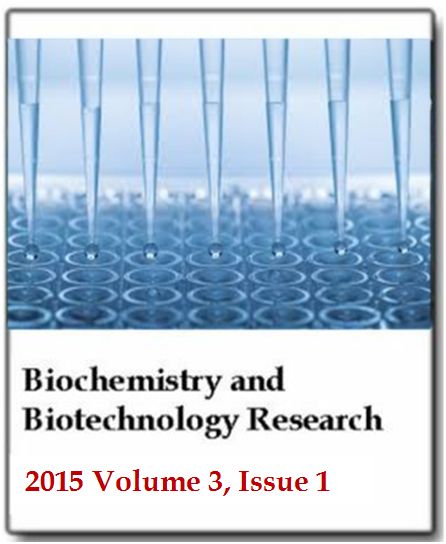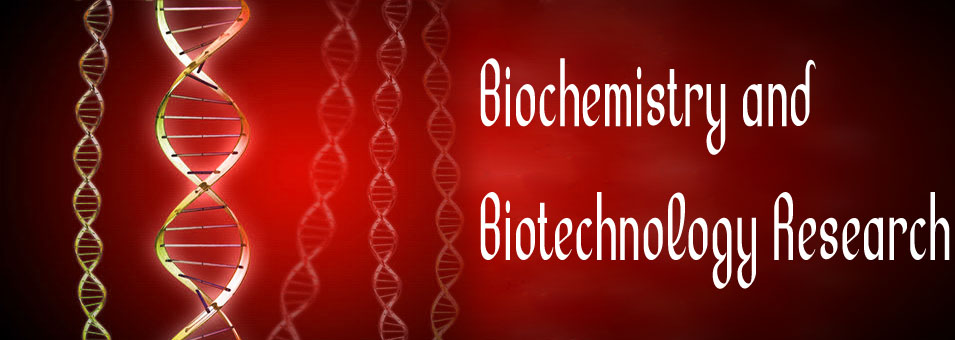Cloning in farm animals: Concepts and applications
Anwar Shifaw and Mebratu AsayeBiotechnology and Biochemistry Research
Published: February 18 2015
Volume 3, Issue 1
Pages 1-10
Abstract
Cloning is a scientific term used to describe the process of genetic duplication. The most commonly applied and recent technique is nuclear transfer from somatic cell, in which the nucleus from a body cell transferred to an egg cell to create an embryo that is virtually genetically identical to the donor nucleus. Cloning has started early in the development of biological science during the Theodor Schwann period of cell theory. The application of animal cloning are rapid multiplication of desired livestock, animal preservation, research models, human cell based therapies, xenotransplantation and gene farming. However, cloning of animals is restricted to highly advanced laboratories in developed countries. The problems associated with farm animal cloning has been reviewed and discussed in this paper which includes incomplete reprogramming, placental abnormalities, parturition difficulties, postnatal death, clone specific phenotype and lung emphysema as well as socio-cultural problems. Most of the problems were molecularly explained as the failure of genetic reprogramming. In Ethiopia this type of science is not yet conceived and concerned body should pay attention to such a valuable aspect of biotechnology.
Keywords: Embryo twinning, dolly, recombinant DNA technology, xenotransplantation.
Full Text PDF
